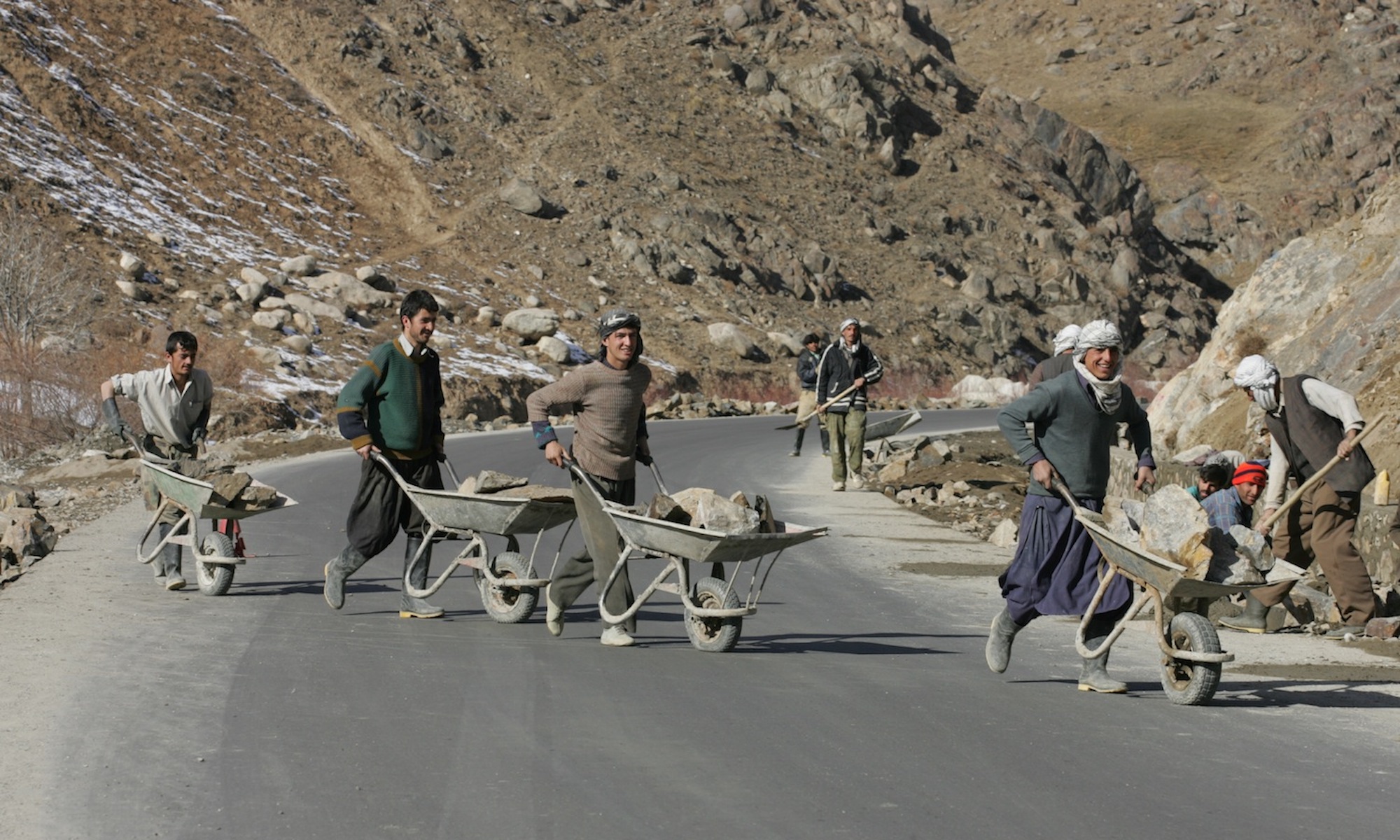Neorealist theory holds that the international system compels states to adopt similar adaptive strategies namely, balancing and emulation or risk elimination as independent entities. Yet states do not always emulate the successful practices of the system’s leading states in a timely and uniform fashion. Explaining this requires a theory that integrates systemic-level and unit-level variables: a ‘resource-extraction’ model of the state in neoclassical realism. External vulnerability provides incentives for states to emulate the practices of the system’s leading states or to counter such practices through innovation. Neoclassical realism, however, suggests that state power – the relative ability of the state to extract and mobilize resources from domestic society – shapes the types of internal balancing strategies that countries are likely to pursue. State power, in turn, is a function of the institutions of the state, as well as of nationalism and ideology. The experiences of six rising or declining great powers over the past three hundred years – China, France, Great Britain, Japan, Prussia (later Germany), and the United States – illustrate the plausibility of these hypotheses.

INSCT Postconflict Research Database
The Institute for National Security and Counterterrorism's Postconflict Research Database & Analysis Project stores cross-indexed bibliographic information on hundreds of journal articles, books, book chapters, and case reports that address the broad, interdisciplinary fields of postconflict reconstruction, stabilization, and peacebuilding.
47 Replies to “State Building for Future Wars: Neoclassical Realism and the Resource-Extractive State”
Comments are closed.